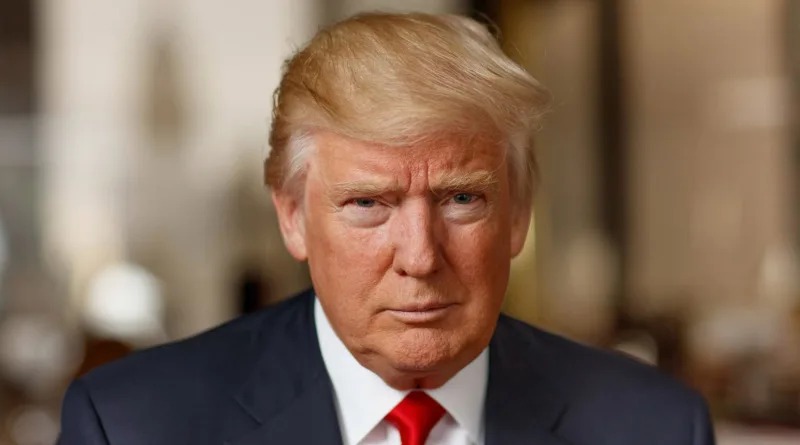President Trump will host five African leaders at the White House on Wednesday to discuss commercial investment, part of the administration’s effort to recalibrate its trade approach to the region while gutting humanitarian aid.
Mr. Trump will welcome the leaders of Gabon, Guinea-Bissau, Liberia, Mauritania and Senegal in the State Dining Room for lunch. A White House official who spoke on the condition of anonymity to preview the event said Mr. Trump believed that each of the countries represented at the lunch offered opportunities to collaborate on economic investment. The administration is aiming to strike deals with African countries to expand the United States’ access to critical minerals and to counter China’s rising influence on the continent.
Though Mr. Trump has taken an optimistic tone in recent weeks over the potential partnerships, the meeting with the leaders also comes as the president’s dismantling of the United States Agency for International Development has left African countries reeling. U.S. aid to Liberia, for example, amounted to 2.6 percent of the country’s gross national income, the highest percentage of any nation in the world, according to the Center for Global Development.
Mr. Trump is also considering expanding his travel ban to four out of the five countries whose leaders will be at the Oval Office, according to a State Department cable from last month. Only Guinea-Bissau has not been considered for a travel ban so far.
The meeting on Wednesday also comes weeks after Mr. Trump hosted top diplomats from Rwanda and the Democratic Republic of Congo for the signing of a peace agreement meant to end devastating fighting in eastern Congo. Mr. Trump said at the time that the agreement contained an economic component that would allow the United States to gain access to critical minerals in Congo.
“Our strategy is simple, but it’s ambitious: Make commercial diplomacy a core focus of our diplomatic engagement,” Ambassador Troy D. Fitrell, a senior State Department official, said at the Carnegie Endowment for International Peace this year. He added that the administration had helped secure more than 70 commercial deals in infrastructure, clean energy and technology in Africa during Mr. Trump’s second term.
Mr. Fitrell said the administration needed to help American companies better compete in Africa against China and Russia, “who often bring aggressive financing and state-backed leverage.”
The United States still lags behind China when it comes to asserting its influence throughout Africa. Gabon, for example, has signed more than $4.3 billion in investment deals with China. Beijing also built the only highway in Guinea-Bissau, according to the Brookings Institution.
“China has outpaced the United States in both economic and political influence in many African countries — including those invited to the summit,” Landry Signé, a senior fellow in the Global Economy and Development Program and the Africa Growth Initiative, wrote for the Brookings Institution.
“By convening this summit and explicitly linking diplomacy with commercial partnership,” Mr. Signé added, “the Trump administration seems to be seeking to both accelerate U.S. trade and investment and reassert strategic presence in a region where America’s influence has been eroding.”
But foreign policy experts questioned the purpose of the meeting and the Trump administration’s choice of invitees. Other than being coastal countries in West and Central Africa, nothing appeared to link them.
They are not the economic heavyweights of the region, like Nigeria and Ivory Coast. Nor are they the giants of the continent in terms of population — in fact, two of them, Guinea-Bissau and Gabon, are among Africa’s smallest countries.
They are not significant trading partners on the continent, nor have they been the biggest recipients of U.S. aid to Africa.
Liberia’s foreign minister, Sara Beysolow Nyanti, said U.S. officials had not told their Liberian counterparts what the focus of the meeting would be. But she said she hoped it would result in “a concrete plan” to maximize what she called the many opportunities she said existed in her country’s mining, infrastructure, telecommunications and agricultural sectors.
Last week Liberia signed a $1.8 billion railway deal with Ivanhoe Atlantic, a U.S.-registered company, according to a Liberian minister and the U.S. Embassy there.
“It’s a huge opportunity for Liberia,” Ms. Nyanti said of the meeting on Wednesday, as she prepared to accompany President Joseph Boakai on the trip to Washington. “The president is excited about it.”
Saikou Jammeh contributed reporting from Dakar, Senegal.
